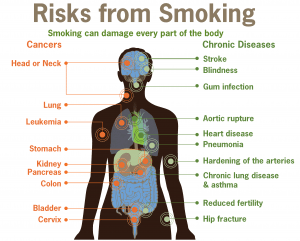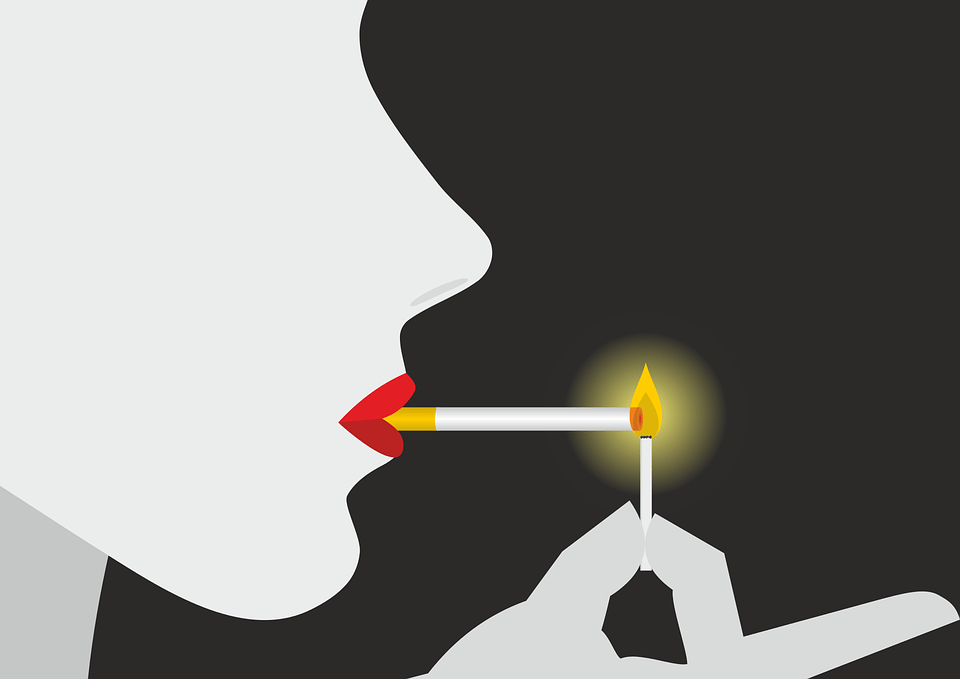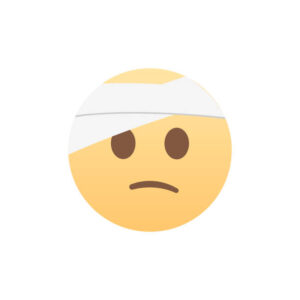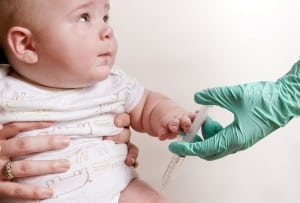 Whether you are a smoker or a non-smoker, we all know that smoking is terrible for our health and for the health of the people around us. Cigarette smoke causes cardiovascular problems, respiratory problems, skin problems, and damages almost every organ in our bodies. Smoking also increases cancer risk, asthma attacks, risk of stroke, and pregnancy complications. Smoking is an addiction and is tough to quit. Smokers commonly consider their habit on a personal level – how smoke impacts their own health. However, smoking affects anyone who is exposed to cigarette smoke. We need to be mindful about the way secondhand smoke affects our children.
Whether you are a smoker or a non-smoker, we all know that smoking is terrible for our health and for the health of the people around us. Cigarette smoke causes cardiovascular problems, respiratory problems, skin problems, and damages almost every organ in our bodies. Smoking also increases cancer risk, asthma attacks, risk of stroke, and pregnancy complications. Smoking is an addiction and is tough to quit. Smokers commonly consider their habit on a personal level – how smoke impacts their own health. However, smoking affects anyone who is exposed to cigarette smoke. We need to be mindful about the way secondhand smoke affects our children.
Pregnancy and Infancy
First of all, smoking makes it harder for women to get pregnant. According to the CDC, smoking increases the risk of preterm delivery, stillbirth, low birth weight, SIDS, ectopic pregnancy and orofacial clefts.
Children whose parents smoke have slower-growing lungs than children who do not breathe secondhand smoke. They get more bronchitis and pneumonia and are more prone to wheezing and coughing. These children are more prone to asthma attacks, which are more frequent and severe, and asthma. They also get more ear infections with more fluid in their ears and a necessity for ear tubes.
Sudden infant death syndrome (SIDS): Risks of SIDS include women smoking during pregnancy, as well as infants exposed to secondhand smoke after birth. The chemicals in smoke affect infants’ ability to breathe. Infants who die from SIDS have higher concentrations of nicotine and cotinine in their lungs, two markers for secondhand smoke inhalation.
Fathers
In a 2014 study of parents surveyed by the European Respiratory Society (ERS) International Congress in Munich, fathers who smoked prior to conception could increase asthma risk for their babies. The study found that even if the father quit smoking before conception, their children were still at risk of asthma. The longer duration of smoking of the father further increased their kids’ risk of asthma.
Parents
Though it seems obvious, parents should know that the health effects of secondhand smoke on children are devastating. Parents should not smoke around their children. The CDC website has a page on the effects of secondhand smoke on adults and children. “Secondhand smoke contains more than 7,000 chemicals. Hundreds are toxic and about 70 can cause cancer.”
Tips for avoiding secondhand smoke:
- Mothers shouldn’t smoke while pregnant (1,000 infant deaths annually are due to smoking during pregnancy)
- Parents shouldn’t smoke around children
- Don’t allow smoking in or around home
- Don’t allow smoking in your car
- Book hotel stays in smoke-free rooms
- Ensure your kid’s daycare center or school is tobacco-free
- Spend time in environments that do not allow smoking (restaurants, public areas, etc.)
Third-Hand Smoke
There is a level of impact scientists are studying that is referred to as third-hand smoke. Third-hand smoke describes exposure to chemicals left behind after a cigarette is extinguished. Toxins linger in the air and in materials (carpet, clothing, furniture), increasing exposure to all of the 250+ toxins that make up cigarette smoke. These toxins include lead, arsenic, and cyanide. Many of the toxins in cigarette smoke are known to impact brain health and have even been shown to decrease IQ. For young, developing brains, second- and third-hand smoke can be incredibly dangerous. Children also spend most of their time closer to the ground than adults, exploring their world with their hands and their mouths.
It can be difficult to stand up to smokers. Some people feel that smoking is their right, and they may feel they shouldn’t have to curb their habit for anyone else. However, it is a parent’s job to advocate for their kid. Even if that means being unpopular. For questions or concerns, please respond to this blog or contact us!







